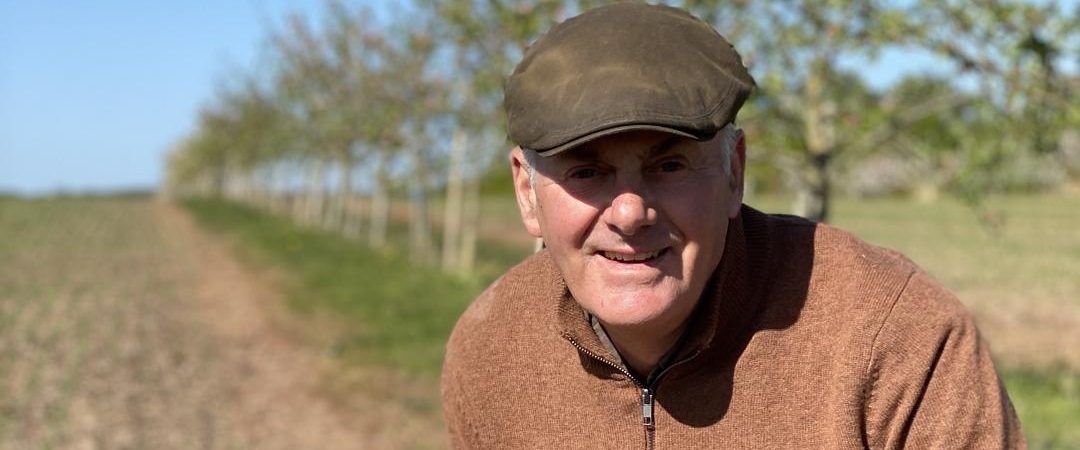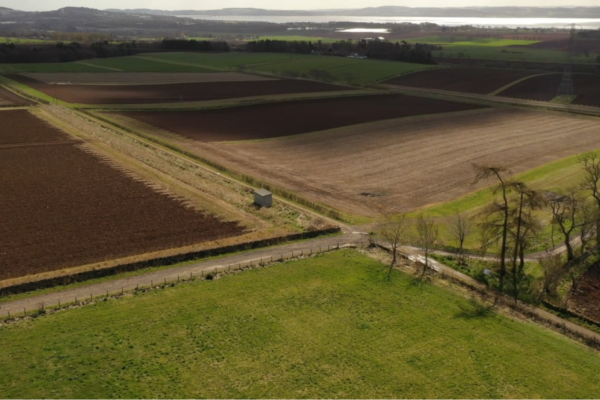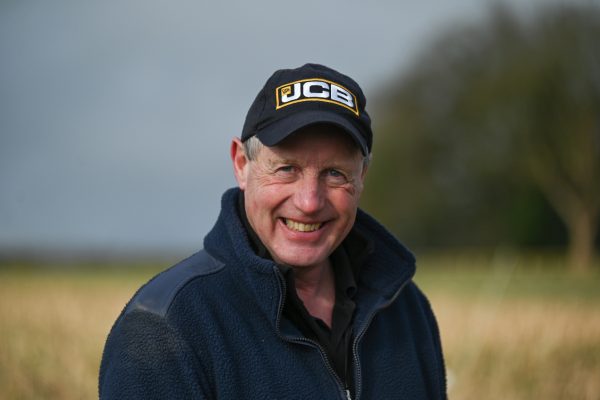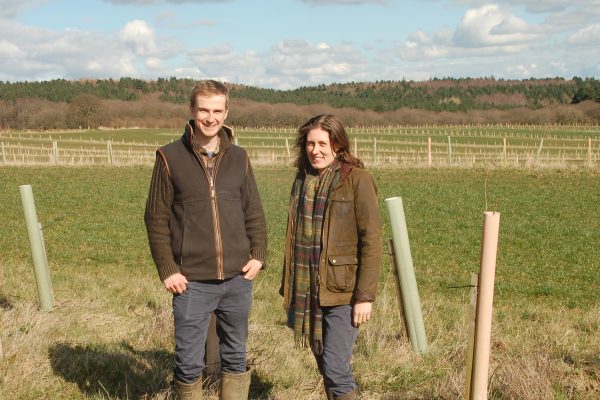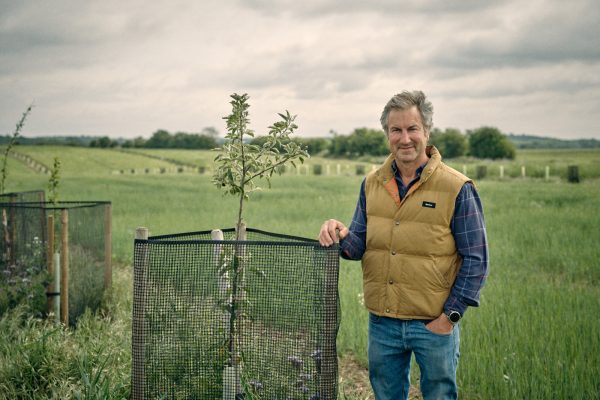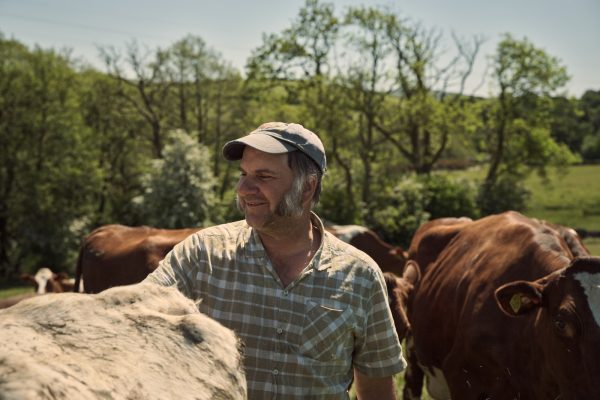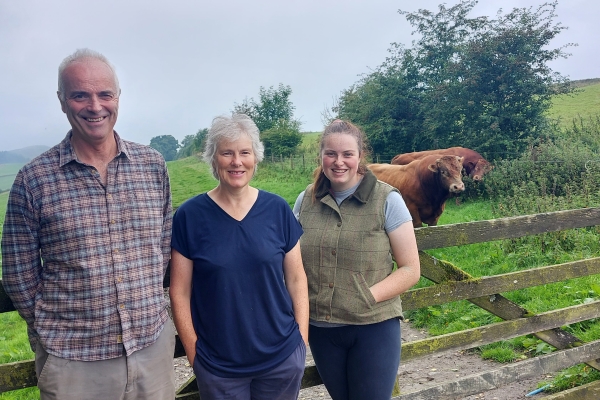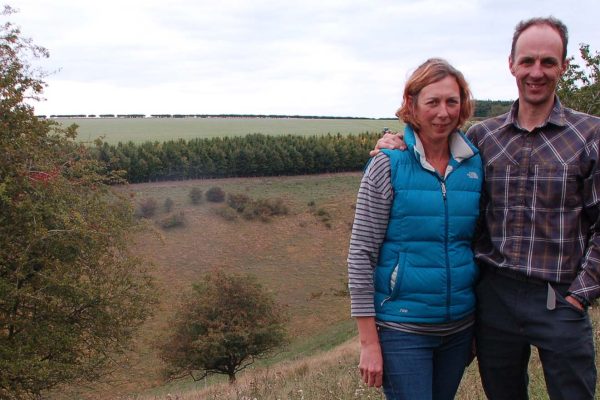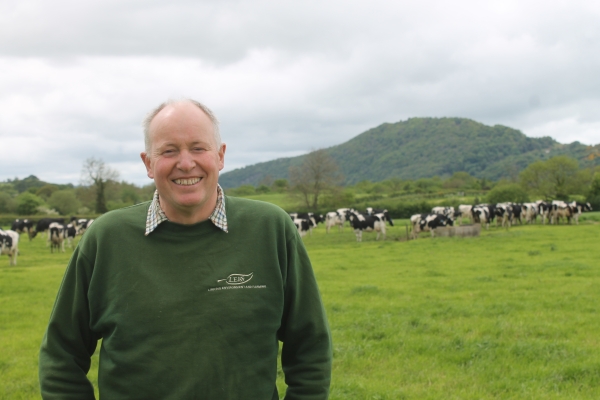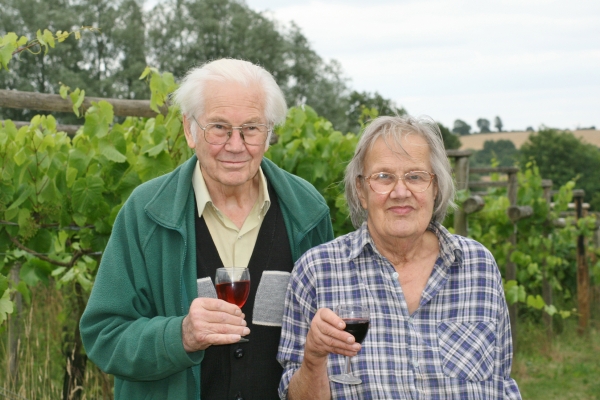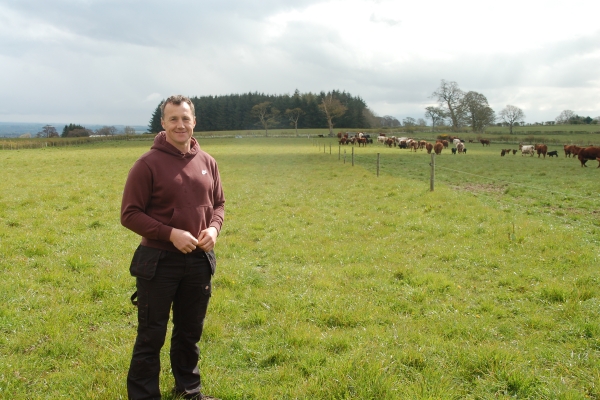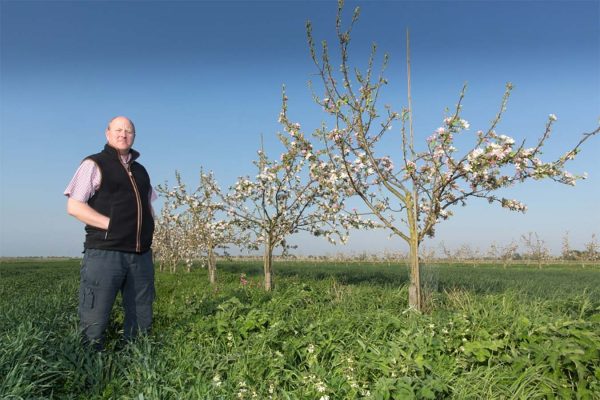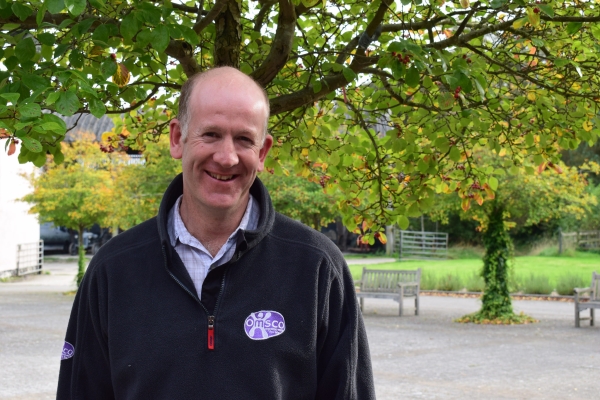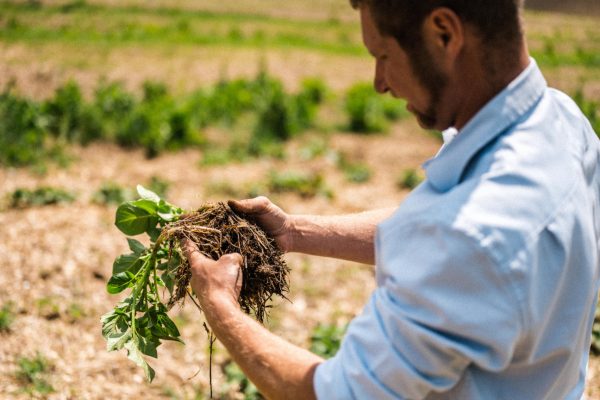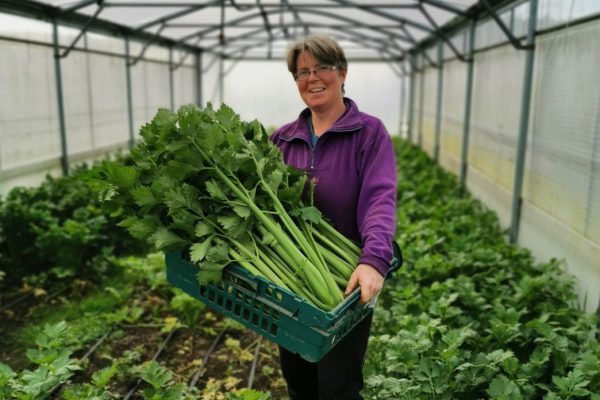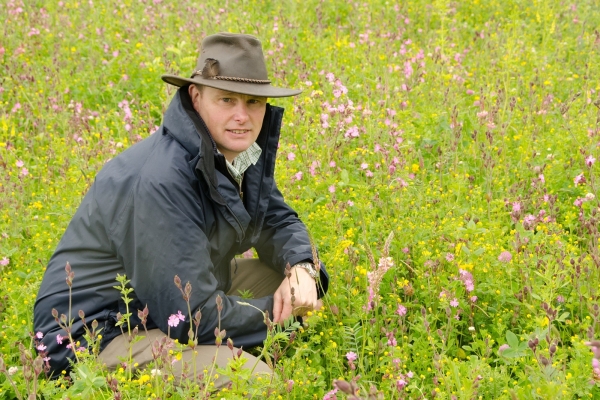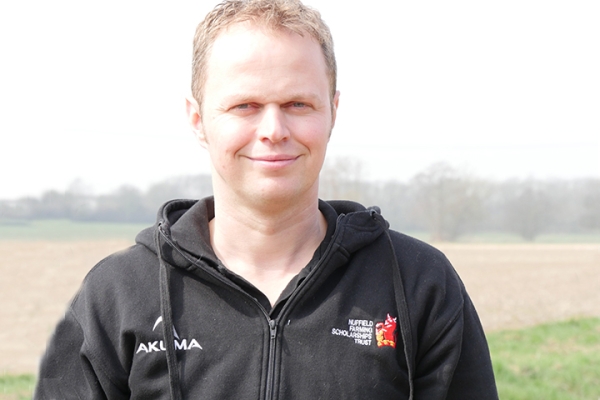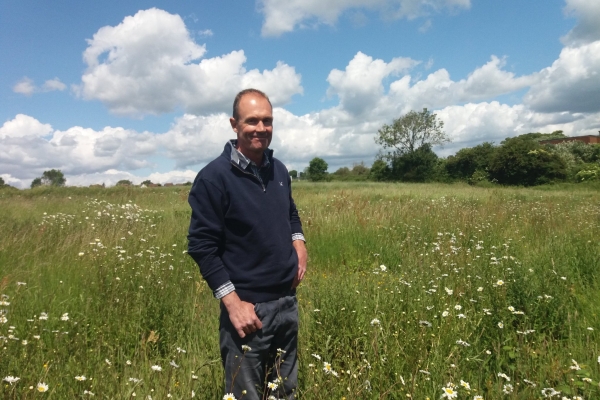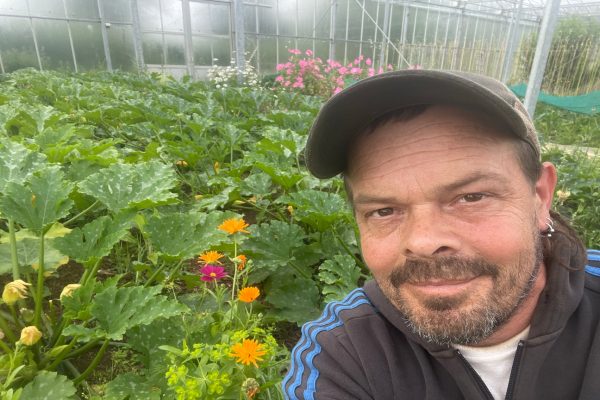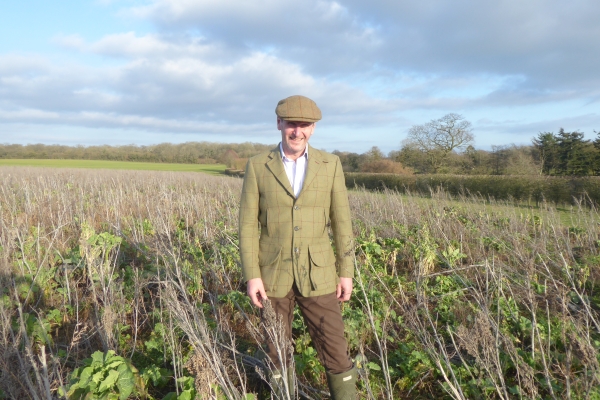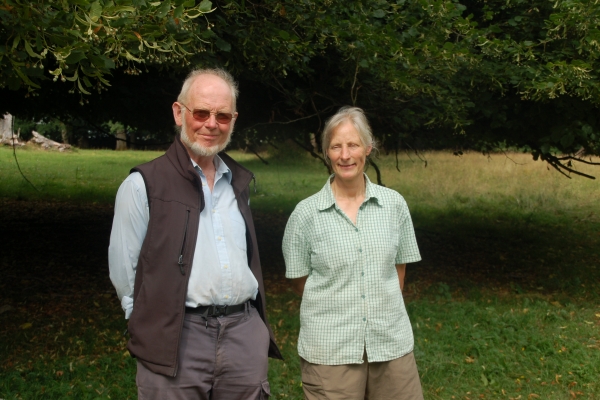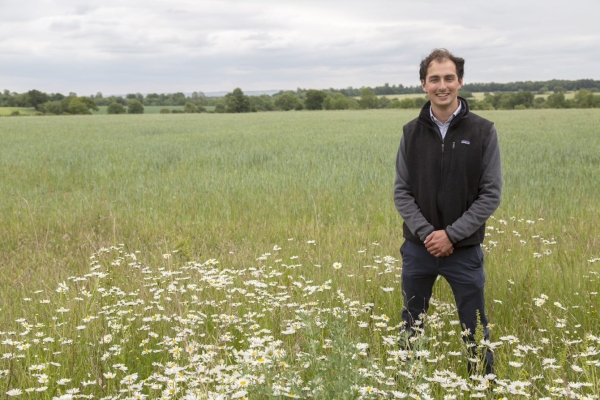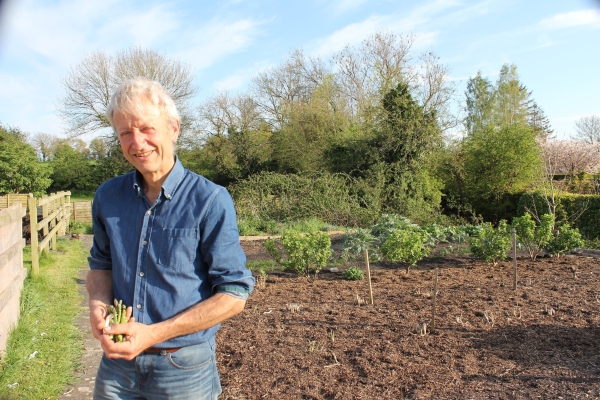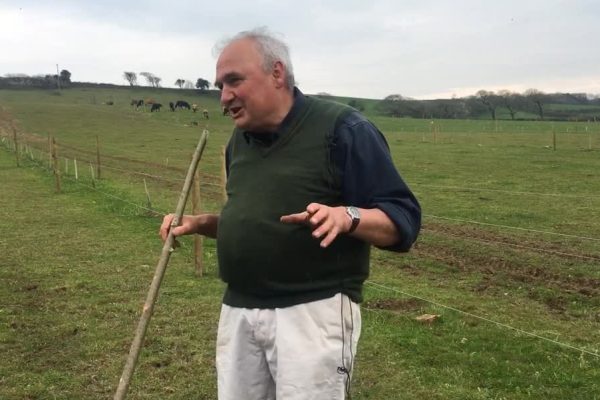David Rose
Read a personal account of the challenges and benefits that agroforestry can offer in this updated profile of FarmEco Founder and Woodland Trust Ambassador David Rose.
LEARN MORELast Updated : 18th October 2025
"We apply a whole-systems approach to designing a regenerative arable cropping system that integrates a suite of best practice management options to deliver multiple benefits for soil health, biodiversity, minimising pollution and maintaining crop yields."
Last Updated : 12th October 2023
"Wheatsheaf Farming is a joint venture contracting company owned by the farmers involved to give economies of scale."
Last Updated : 4th December 2024
"I had always been interested in soil but began to explore the relationship between soil and animal health more and developed an interest in anthelmintic resistance and how we could control that biologically, or rather manage parasites better biologically..."
Last Updated : 26th June 2025
"Our approach uses organic as the foundational principles, but we are trying to push further, adopting regenerative principles including doing as minimal tillage as possible, covering and protecting the soil by planting lots of cover crops, and incorporating things like the agroforestry system and flying flocks of sheep over the land."
Last Updated : 20th June 2025
"We're trying to farm with nature, bring diversity into the field, and reduce pest and disease pressures. Our silvoarable system that we planted in 2023 was designed with the same philosophy in mind..."
Last Updated : 6th June 2025
"...it's about using the animals or farming in a way that is right for the farm, this area, the topography of the land, the habitats we've got and that we want to establish, and not trying to push anything too far, but farming within the farm's means..."
Last Updated : 10th June 2025
"...our focus is now on woodlands you can graze animals through and designing them that way - and we have gone from more of a biodiversity interest to focusing on carbon, together with the big benefits of wood pasture giving animals shelter and providing early grass..."
Last Updated : 18th October 2022
"The farm has gradually grown to what is now 1,100 acres of arable and grazing land, and is a diverse business, with all the livestock and around 50% of the arable land farmed organically, in what is a very traditional farming area of the Wolds..."
Last Updated : 15th December 2017
"The family have farmed Great Wollaston since 1921 and conservation has always been a priority but never seen to be in conflict with commercial farming."
We have a 1.5 acre organic vineyard, plus polytunnels. We grow a wide range of crops for our vegetable box scheme. We also sell wholesale. One of our first customers was the wholefood shop in Rugby, who still take our produce today. Today we concentrate on the vineyard though the veg box scheme continues on a smaller scale […]
Last Updated : 27th May 2021
"A much more traditional and diverse mix of grasses that has been fully rested from grazing and its nutrients replenished gives a healthier diet for the cows and I believe also gives the meat a better flavour..."
Last Updated : 3rd May 2023
"Agroforestry provides risk management against climate change and extreme weather events. It also means we can grow a mix of perennial and annual crops..."
Last Updated : 19th October 2017
"To maximise the milk from grass and pasture productivity, we grow diverse swards and practice rotational grazing... We also encourage browsing of hedgerows and woodland on the farm, recognising the potential health-giving nutritional and medicinal properties from it."
Last Updated : 16th July 2024
"We farm 2500 acres regeneratively and organically, applying a holistic approach."
Last Updated : 3rd November 2020
...They are “organic, grown with nature, small scale and local.” The vegetable cropping is just under 10 acres and is part of a larger 130 acre farm - 50 acres are young mixed native woodland, 5 are unharvested crops for winter birds, and the remainder are grass (grazing for both cattle and sheep, hay and silage) and cereals...
Last Updated : 16th August 2016
"The RBOrganic Ltd team grow carrots, onions, leeks, potatoes, parsnips, beetroots and courgettes. We are a LEAF Marque certified business."
Last Updated : 25th January 2021
"My whole philosophy revolves around improving soil health, so we try to minimise practices that damage soils and use certain practices to increase soil health..."
Last Updated : 1st July 2019
The realisation that they were using more and more pesticides, herbicides and fungicides on the farm and essentially getting less effect from them has driven Andy's long-term goal of sustainability and reduced reliance on non-renewable resources (along with a deep concern about the decline in insects and biodiversity).
Last Updated : 6th June 2024
"I don’t look at irrigation, pest control, planting and weeding separately… the system is set up as one whole organic system and trees are integral to this..."
Last Updated : 16th May 2019
"The ultimate goal on the farm is to become entirely self-sufficient, producing all of the feed, water, energy and fertiliser that we need to sustain our stock."
Last Updated : 7th September 2021
"One of our main concerns is delivering optimum results for both animals and nature by maintaining a balance and preventing woodland and scrub from overwhelming the grassland..."
Last Updated : 25th June 2020
Wimpole Home Farm is an organic 589 hectare (1,419 acre) mixed livestock and arable farm near Cambridge. It is part of the National Trust’s 2,500 acre Wimpole Estate, and is the only lowland farm run in-hand by the National Trust.
Last Updated : 9th June 2016
"When soil is looked after, by leaving it undisturbed as much as possible, we reap the rewards of healthier crops, less weeds, better carbon conservation and good drainage."
Last Updated : 21st August 2019
"We were founder members of the Pasture-Fed Livestock Association and the ORFC. We’re very interested in expanding our knowledge and finding out what we can do better and with the same amount of land hopefully continue producing more and better food but at the same time fixing more carbon for a longer time as well..."
